Major Schism Hits Doom Modding: GZDoom Developers Fork Project Over AI Code and Leadership
Popular Now
 Minecraft
Minecraft
 Fall Guys
Fall Guys
 Black Myth: Wukong
Black Myth: Wukong
 Valorant
Valorant
 NBA 2K24
NBA 2K24
 Call of Duty
Call of Duty
 League of Legends
League of Legends
 Toca Boca World
Toca Boca World
 Brawl Stars
Brawl Stars
 Warframe
Warframe 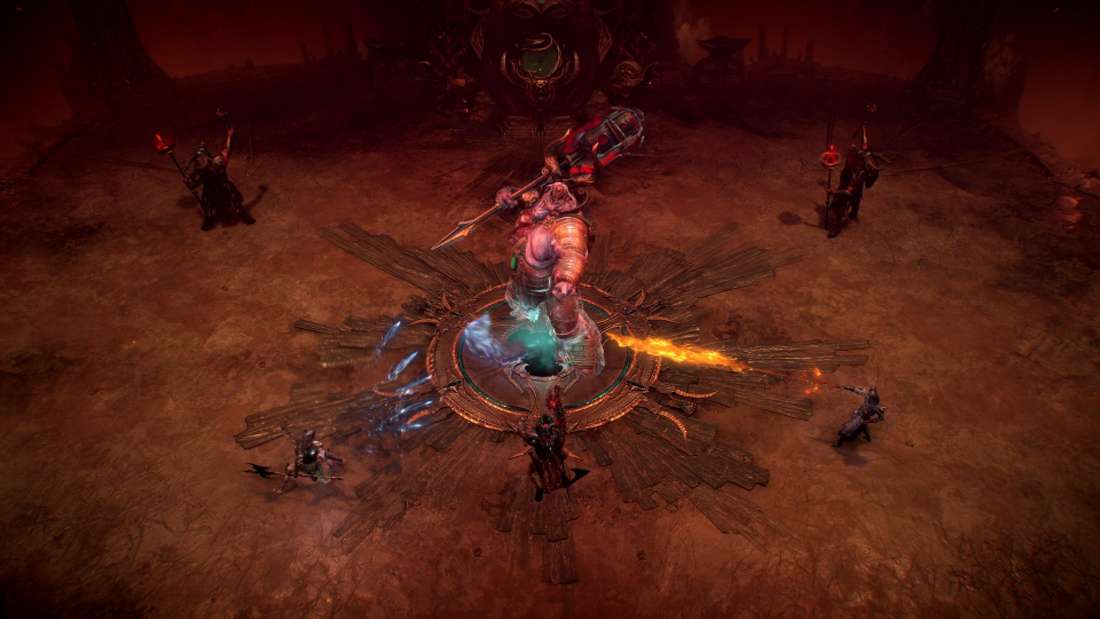 The venerable Doom modding community is currently grappling with an unprecedented internal conflict, a “civil war” sparked by disagreements over the leadership of the popular source port GZDoom and, most notably, the use of AI-generated code, specifically from ChatGPT, within the engine’s development. This fracture has led to key developers announcing a complete split and the creation of a new, rival source port named UZDoom. The dramatic turn of events raises profound questions about open-source ethics, project governance, and the integration of large language models (LLMs) into collaborative software development, an issue with high-value implications for the entire tech industry.
The venerable Doom modding community is currently grappling with an unprecedented internal conflict, a “civil war” sparked by disagreements over the leadership of the popular source port GZDoom and, most notably, the use of AI-generated code, specifically from ChatGPT, within the engine’s development. This fracture has led to key developers announcing a complete split and the creation of a new, rival source port named UZDoom. The dramatic turn of events raises profound questions about open-source ethics, project governance, and the integration of large language models (LLMs) into collaborative software development, an issue with high-value implications for the entire tech industry.
The core of the dispute centers on Christoph “Graf Zahl” Oelckers, GZDoom’s lead developer and maintainer, and his software development strategy. For years, GZDoom has been the backbone of thousands of groundbreaking Doom mods, enabling modern features like mouselook, high resolutions, and powerful scripting capabilities for classic titles like Doom and Doom II. It has been an essential tool for game developers creating high-quality “boomer shooter” style commercial games.
However, recent actions by Oelckers, including the alleged introduction of code derived from ChatGPT into development builds, have ignited fierce opposition among long-time contributors. This move has been heavily criticized on multiple fronts, creating a significant and visible split in one of the most dedicated retro gaming communities.
 The AI Code Controversy: Licensing and Ethical Concerns
The AI Code Controversy: Licensing and Ethical Concerns
The utilization of generative AI code is a flashpoint. Many departing developers argue that using an LLM like ChatGPT to generate code potentially violates GZDoom’s GPLv3 license. The central argument is that the legal status and copyright of AI-generated code remain ambiguous, and introducing it could taint the project’s codebase with unlicensed or non-copyrightable material.
- Legal Risk: The GPLv3 license mandates that all derived work must also be free and open-source. If the lineage or intellectual property rights of the AI-generated content cannot be definitively established as compatible with the GPL, it could expose GZDoom, and critically, the commercial games built upon it (such as Selaco or Hedon), to unforeseen legal compliance issues. This concern over intellectual property and license violation is a major deterrent for commercial entities relying on the source port.
- Development Trust: Developers also voiced concerns about the quality, testing, and transparency of code generated by LLMs being pushed into the main development branch without the usual rigorous peer review process. In the world of open-source, trust and transparency are paramount.
Graf Zahl has reportedly defended his use of AI tools, suggesting that many programmers secretly use large language models for minor tasks and offhandedly challenging dissatisfied developers to fork the engine—a challenge they promptly accepted.
 Leadership and Governance: The Catalyst for UZDoom
Leadership and Governance: The Catalyst for UZDoom
While the ChatGPT issue provided the immediate catalyst, reports indicate that the schism is also the culmination of long-standing frustrations regarding Graf Zahl’s perceived “my way or the highway” management style. Developers accused him of pushing untested code, making unilateral decisions (such as messing with important features and settings), and generally exhibiting poor communication.
The announcement of the new fork, UZDoom, explicitly addresses these governance issues. The developers behind the new project are committed to a more democratic and collaborative structure.
The UZDoom team, which reportedly includes many of the most active and “good engine coders” (Source: TechSpot), has outlined a fundamentally different approach:
- Collaborative Structure: UZDoom aims for “a more stable development structure with healthy collaboration.”
- Peer Review Mandatory: All changes will require pull requests that must be thoroughly peer-reviewed; no one, including the project leads, will be allowed to commit directly to the master branch.
- Transparency: The new project promises a higher degree of transparency in all decision-making processes, directly addressing the accusations of hidden or rushed commits in GZDoom.
- AI-Free Codebase: A firm commitment to maintaining a clean codebase entirely free of AI-generated code.
The Future of Doom Modding and Commercial Game Development
The emergence of UZDoom marks a significant, potentially permanent, split in the Doom modding ecosystem. For players and mod creators, this development presents both a challenge and an opportunity.
For mod developers seeking a stable, ethically clear platform, UZDoom promises a return to community-driven principles. The splinter group has been responsible for keeping GZDoom development afloat for over a year, suggesting they have the technical capability and momentum to maintain the new fork effectively. The focus on features long requested by the community, such as improved netcode and raytracing support, could draw a substantial user base.
On the other hand, the community now faces fragmentation. Mods and projects will have to choose which engine to support, potentially leading to diverging feature sets between GZDoom and UZDoom—a situation that could introduce friction and compatibility challenges in the long run.
This open-source conflict in the gaming industry serves as a potent case study. It highlights how the disruptive rise of AI tools intersects with the foundational tenets of collaborative software development and intellectual property rights. Ultimately, as the two engines compete, the rivalry might spur greater innovation, benefiting gamers with new features and improved stability in both ports. However, the short-term reality is a deeply divided community and a moment of high tension for anyone invested in the legacy of Doom’s enduring mod scene.
Keywords: Doom Modding, GZDoom, UZDoom, ChatGPT, AI-Generated Code, Open Source, GPLv3 License, Game Developers, Retro Gaming, Intellectual Property, High-Quality, Commercial Entities, Legal Compliance, LLMs, Software Development, Community-Driven, Peer-Reviewed, Gaming Industry.


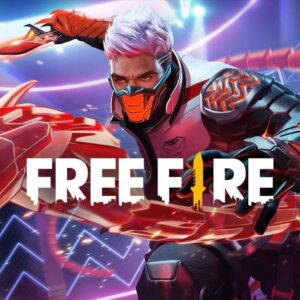



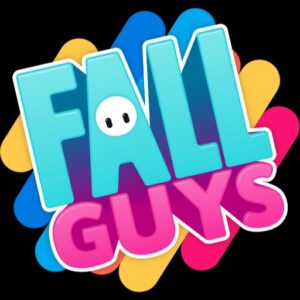
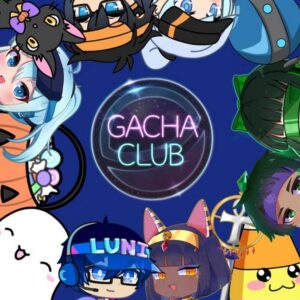

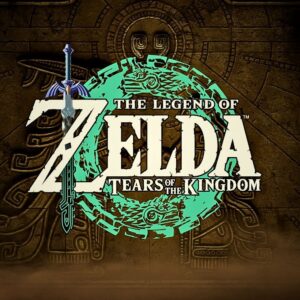
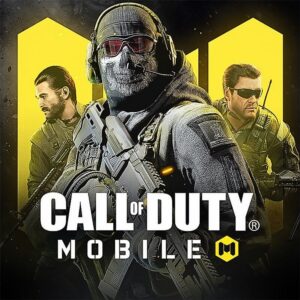
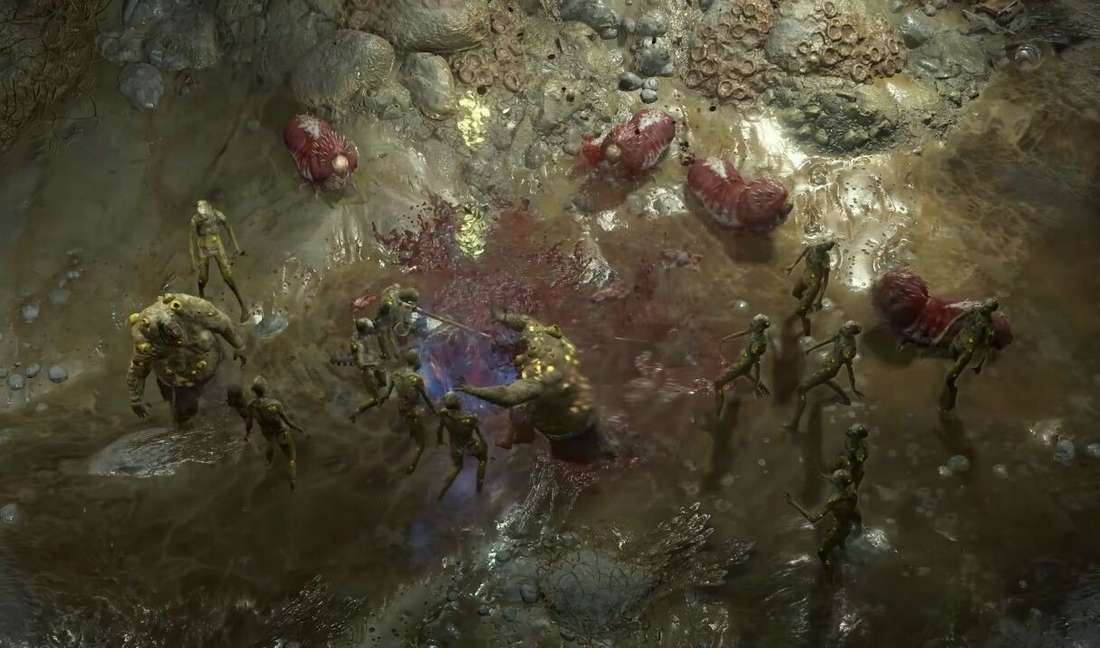 The AI Code Controversy: Licensing and Ethical Concerns
The AI Code Controversy: Licensing and Ethical Concerns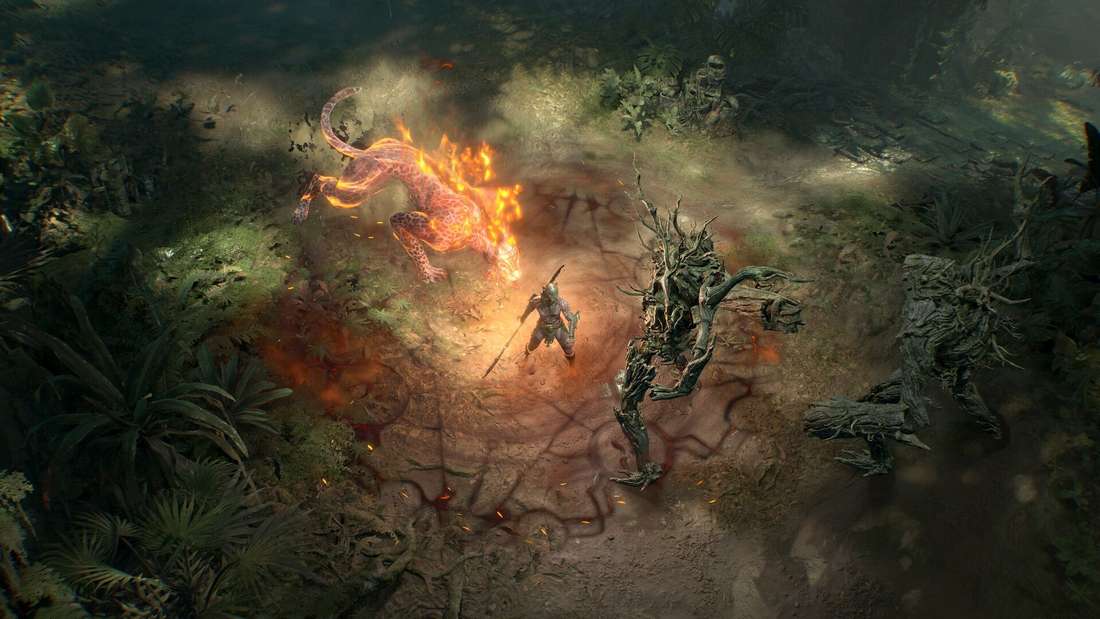 Leadership and Governance: The Catalyst for UZDoom
Leadership and Governance: The Catalyst for UZDoom